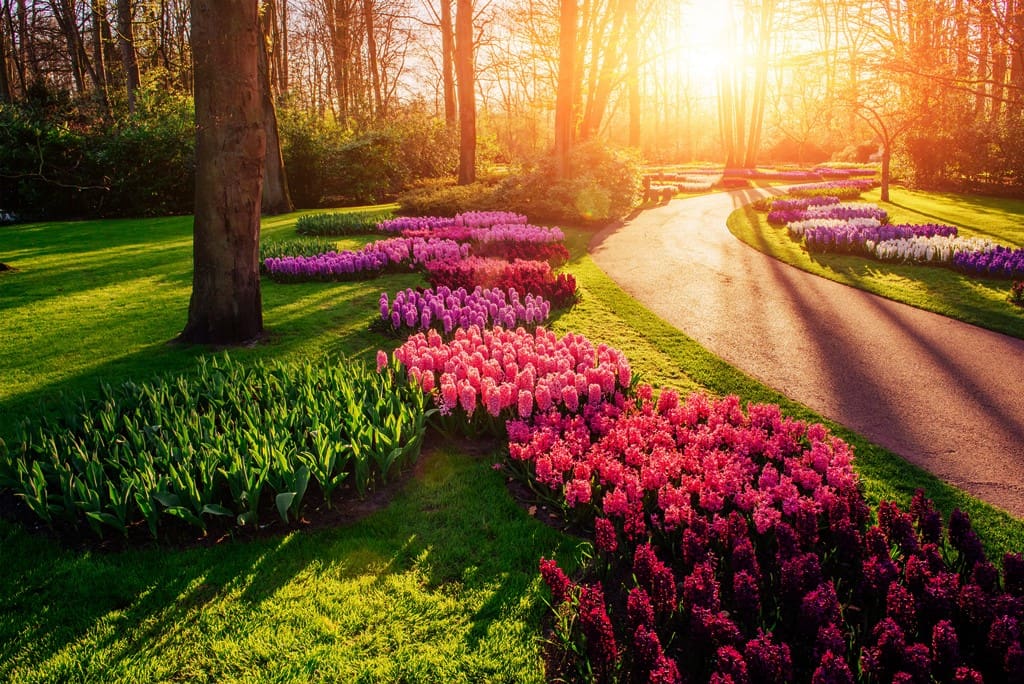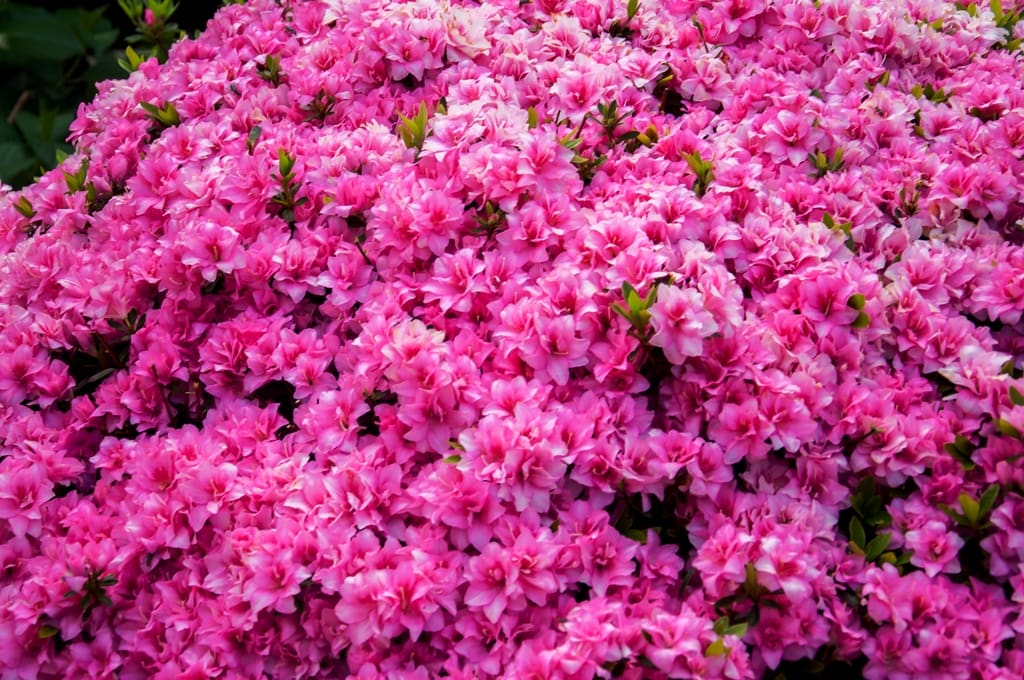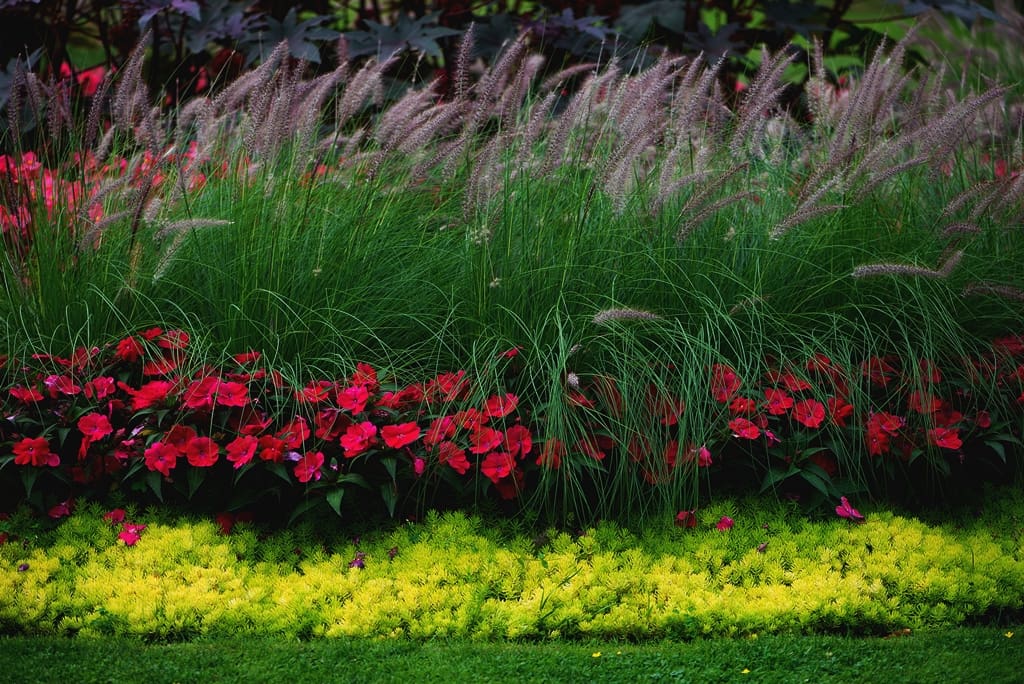Creating an eye-catching exterior for your home is all about the details, and one of the most impactful ways to enhance curb appeal is through strategic landscaping plant choices. Whether you’re aiming for a lush garden or a minimalist aesthetic, selecting the right plants can make all the difference in how your home is perceived from the street. Here’s a comprehensive guide to help you choose landscaping plants that will elevate your curb appeal to new heights.
Consider Climate:
Before you start picking out plants, it’s crucial to understand the climate of your area. Different plants thrive in different conditions, so make sure to choose ones that are well-suited to your region’s climate and soil type. Researching local plant nurseries or consulting with gardening experts can provide valuable insights into which plants will flourish in your specific environment.
Pay Attention to Light Conditions:

Assess the light conditions in your yard before selecting plants. Some plants thrive in full sun, while others prefer partial or full shade. Consider the orientation of your house and existing trees or structures that may cast shadows on your landscape. Choosing plants that are well-suited to the available light will ensure they thrive and contribute to your curb appeal.
Think About Maintenance:
While it’s tempting to opt for exotic plants that catch the eye, it’s essential to consider the level of maintenance they require. Low-maintenance plants like succulents or native species can provide beauty without demanding excessive upkeep. Additionally, investing in a drip irrigation system or mulching can help conserve water and reduce the time spent on maintenance tasks.
Use Native Plants:

Incorporating native plants into your landscaping offers numerous benefits, including enhanced resilience, reduced water usage, and support for local wildlife. Native plants are adapted to the specific climate and soil conditions of your region, making them more likely to thrive with minimal intervention. Additionally, using native plants can help preserve the natural character of your area and contribute to a sense of place in your landscape design.
Plan for Year-Round Interest:
Aim for a mix of plants that provide visual interest throughout the year. Incorporate a combination of evergreens, flowering shrubs, and perennials to ensure your landscaping remains vibrant in every season. Researching the bloom times and foliage colors of different plants can help you create a diverse and visually appealing landscape that changes with the seasons.
Pay Attention to Scale and Proportion:
Be mindful of the size and shape of your plants in relation to your home’s architecture. Tall, narrow plants can accentuate vertical lines, while spreading shrubs can soften harsh angles. Consider creating a scaled drawing of your landscape design to visualize how different plants will fit within the space and complement your home’s features.
Create Depth and Texture:

Adding layers of plants with varying heights and textures can add depth and dimension to your landscaping. Mix ornamental grasses, flowering plants, and groundcovers to create visual interest. Incorporating hardscape elements such as pathways, retaining walls, or decorative rocks can further enhance the texture and structure of your landscape design.
Don’t Forget About Functionality:
Consider how you use your outdoor space and choose plants that enhance usability. For example, planting fragrant herbs near outdoor seating areas can provide both beauty and practicality. Additionally, selecting plants that attract pollinators such as bees and butterflies can contribute to a healthy ecosystem and promote biodiversity in your garden.
Seek Inspiration:
Take a stroll around your neighborhood or browse landscaping magazines and websites for inspiration. Pay attention to what catches your eye and consider how similar plants could complement your home’s exterior. Visiting botanical gardens or attending gardening workshops and tours can also provide valuable inspiration and ideas for incorporating unique plants and design elements into your landscape.
By following these guidelines and selecting the right landscaping plants, you can transform your home’s exterior into a welcoming oasis that reflects your personal style. Remember, a well-designed landscape not only enhances curb appeal but also adds value to your property. So, roll up your sleeves, dig in the dirt, and watch your home come to life with beautiful, carefully chosen plants.
#LandscapingPlants #CurbAppeal #GardeningTips
